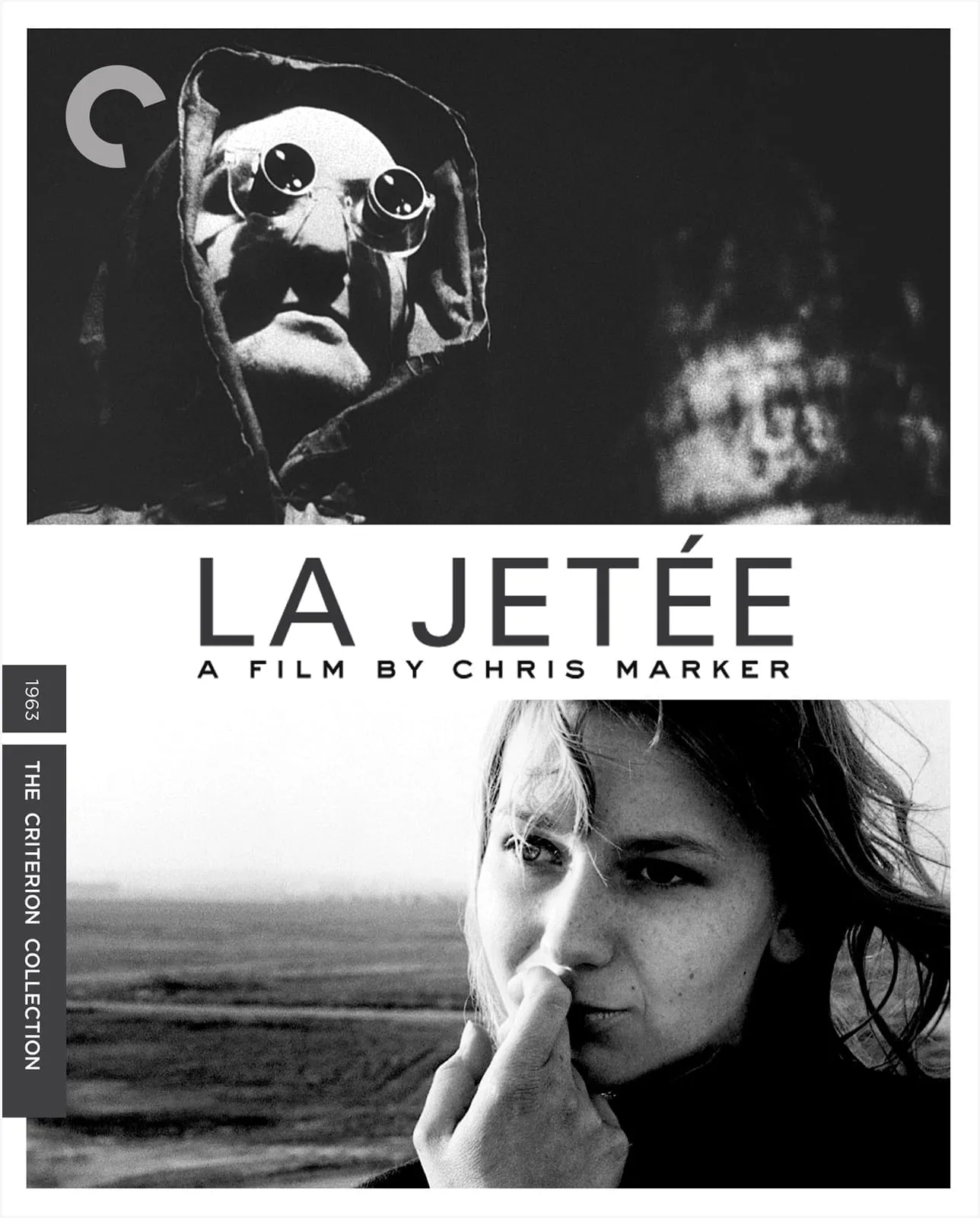
All the usual suspects (for a movie like this at least): What is memory? Does the past exist? Where and what am I, what the heck is this, and how do I know that it is real? And so on.
No worries there, standard fare so far (for a movie like this that is). What’s truly amazing is how succinctly Chris Marker chooses to explore these questions. If you think your memory of something plays out like a video, he makes you deal with still images that you get to stitch together in your own head. If you think you can ‘hear’ clearly what someone may have said in the past, he makes you deal with this kind of unstructured, abstract (poetic?) narration that kinda makes sense but not really.
LD and I saw this together and, when I asked her what she thought halfway into it, she said she was “very intrigued”. That’s really about it. Takes a few viewings, after which you may avail yourself of the many, many analyses out there1. I just wanted to take in and enjoy a film-making experience I’d never had before, without worrying myself about a ‘message’ (or even a story for that matter). You’re in a dream, it’s all a dream.
Totally Ignorant Sidenote: I don’t know what it is about filmmakers and cinematographers who were young in the 50s and 60s that makes them so freaking good at photography. Arrestingly so. In the age of instagratification the first person I could think of who wants you to wait and immerse yourself in a scene is Denis Villeneuve (who works with legends like these).
Here’s an extreme (and yet shitty) example of the opposite of what I’m trying to say up there. Seven seconds and fourteen cuts of a dude jumping a fence. You know, to add the ‘urgency’ and ‘tension’ missing in the shit script.
For instance, there’s this short review by A. O. Scott and this list of what makes an avant-garde film what it is.↩︎